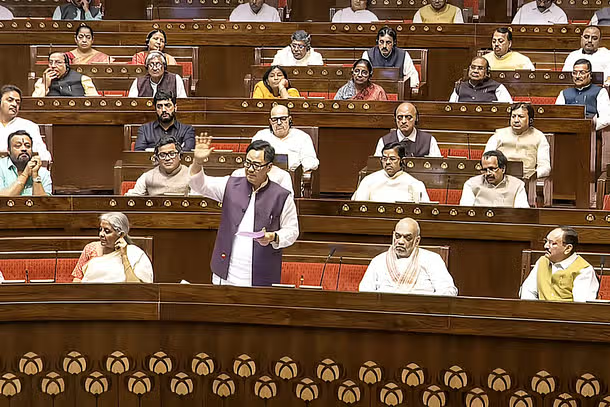Waqf Up Call: An Essential Conclusion to Abuses Masked as Religious Trusts
Waqf Up Call: An Essential Conclusion to Abuses Masked as Religious Trusts
Waqf Up Call: An Essential Conclusion to Abuses Masked as Religious Trusts
A comprehensive overhaul of the waqf laws in India brings to an end years of unregulated dominions—marked by mismanagement, control by the privileged, and a lack of transparency—for management founded on legal principles, fairness, and accountability.
Picture a vast area of land, exceeding the size of Goa, dedicated to serving the needs of one of the economically marginalized communities in India.
Now envision that this resource, valued at more than ₹1.2 lakh crore and encompassing 8.7 lakh properties, is enveloped in secrecy, poorly managed by self-interested elites, and unlawfully encroached upon, while millions of Indian Muslims face barriers to education, healthcare, and economic advancement.
This is not a mere hypothetical situation but the unfortunate truth of Waqf governance in India—a system that has historically functioned with limited accountability under the outdated and seriously flawed Waqf Act of 1995.
The approval of the Waqf (Amendment) Bill, 2025, by both Houses of Parliament marks a significant step in addressing this long-ignored aspect of governance and acts as a clear call for reform, transparency, and fair access to community assets.
The discussion regarding Waqf reform should not be simplified to issues of religious belief or identity politics, as at its essence lies a crucial governance question: should an organization overseeing such a vast collection of public-interest properties be exempt from contemporary regulatory standards, judicial review, and mechanisms for democratic oversight?
The Fundamental Issues of the Waqf Act, 1995
The Waqf Act, 1995, which emerged from the Congress government's enduring strategy of appeasement, has solidified a system characterized by obscurity, ineffectiveness, and legal manipulation that contradicts both constitutional values and basic principles of justice.
One of the most prominent issues with the Act is its lack of clarity, particularly highlighted in Section 40, which allows Waqf Boards to unilaterally designate any property as waqf without requiring substantial evidence or independent evaluation.
This clause has led to legal anomalies, with Waqf Boards claiming rights over both public and private properties without any historical or legal justification. The Tamil Nadu Waqf Board’s bold claim to ownership of a 1,500-year-old Hindu temple and the Uttar Pradesh Waqf Board’s assertion over Chandrashekhar Azad Park, a significant public area, exemplify the arbitrary and unchecked authority granted to these organizations.
Such occurrences underscore the lack of procedural protections and the indiscriminate expansion of waqf assets at the expense of wider societal interests.
In addition to its structural opacity, the Act established a governance structure that permits elite manipulation and exclusionary decision-making.
via Blogger https://ift.tt/GhBPS1o
April 05, 2025 at 11:08AM
via Blogger https://ift.tt/LSUjqcF
April 05, 2025 at 11:13AM
via Blogger https://ift.tt/0OpIaNw
April 05, 2025 at 12:13PM

No comments:
Post a Comment